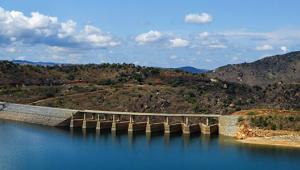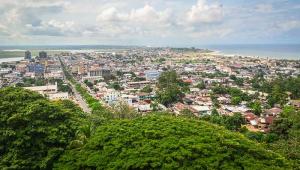An AfDB report identified opportunities and strengths that could make integration in West Africa, and Senegal in particular, a more effective driver of development.
The Economic Community of West African States, known as ECOWAS, was founded in 1975 and includes counties such as Ghana, Nigeria and Burkina Faso. It was designed to promote economic integration in economic activity, industry, transportation and agriculture.
However, the AfDB’s study of ECOWAS, co-financed by Canada, said the member countries’ domestic markets were too small to achieve the economies of scale needed for robust and equitable growth and sustainable job creation.
‘The progress of trade and the impact on economic growth are still timid,’ the report stated.
Regional economic integration to foster free movement of goods, services, people and capital between markets was essential to overcome low economic growth and unemployment, it said.
Focusing on Senegal, the study noted that it was geographically well located, with good links with the West Africa region, Europe, North and South America, and South Africa. Although links with much of the wider African continent were weaker because of its location on the extreme west of the ECOWAS zone. Greater investment in infrastructure would help to improve this position, the bank said.
‘Senegal enjoys great political stability and exemplary democracy in Africa, and these are integration-promoting factors,’ said the Regional integration in West Africa; challenges and opportunities for Senegal study.
‘However, this advantage is undermined by the... constraints of infrastructure and geographical location.’
Senegal has metal, electrical and chemical industries and extracts and manufactures many products that have export potential across Africa, the report noted. But it identified constraining factors such as delays in interconnections, lack of funding and limited production capacity.
Senegal’s energy crisis had also been hampering its growth and impeding its development and economic integration.
The AfDB concluded that energy sector reforms outlined in the development policy adopted by Senegal’s government in October 2012 should be ‘diligently implemented’.













